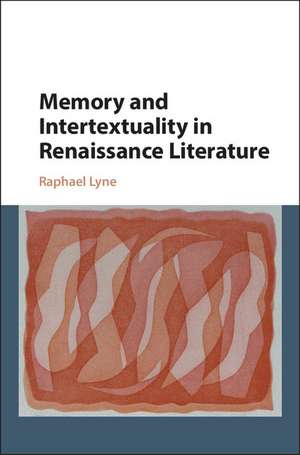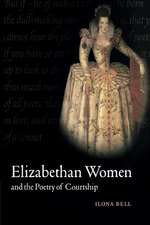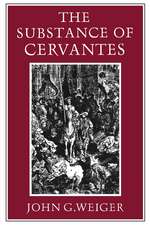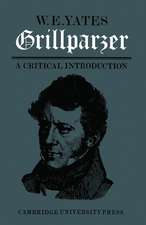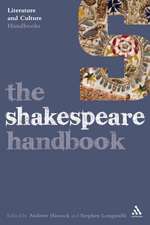Memory and Intertextuality in Renaissance Literature
Autor Raphael Lyneen Limba Engleză Hardback – 8 feb 2016
| Toate formatele și edițiile | Preț | Express |
|---|---|---|
| Paperback (1) | 279.45 lei 6-8 săpt. | |
| Cambridge University Press – 23 ian 2019 | 279.45 lei 6-8 săpt. | |
| Hardback (1) | 682.02 lei 6-8 săpt. | |
| Cambridge University Press – 8 feb 2016 | 682.02 lei 6-8 săpt. |
Preț: 682.02 lei
Preț vechi: 766.31 lei
-11% Nou
Puncte Express: 1023
Preț estimativ în valută:
130.56€ • 134.28$ • 108.32£
130.56€ • 134.28$ • 108.32£
Carte tipărită la comandă
Livrare economică 20 februarie-06 martie
Preluare comenzi: 021 569.72.76
Specificații
ISBN-13: 9781107083448
ISBN-10: 1107083443
Pagini: 267
Ilustrații: 3 b/w illus.
Dimensiuni: 158 x 235 x 18 mm
Greutate: 0.51 kg
Editura: Cambridge University Press
Colecția Cambridge University Press
Locul publicării:New York, United States
ISBN-10: 1107083443
Pagini: 267
Ilustrații: 3 b/w illus.
Dimensiuni: 158 x 235 x 18 mm
Greutate: 0.51 kg
Editura: Cambridge University Press
Colecția Cambridge University Press
Locul publicării:New York, United States
Cuprins
1. Introduction; Part I. Implicit and Explicit Poetic Memory: 2. Defining the implicit and explicit poetic memories; 3. Discovered purposes: Jonson and Milton; 4. Moving between sources: Ovid and Erasmus in Shakespeare's Sonnets; Part II. Intertextuality, Forgetting and the Schema: 5. Schema and fragment; 6. Wyatt and Petrarch; 7. Plutarch and Antony and Cleopatra; 8. Jonson's Catiline; 9. Conclusion; Bibliography; Index.
Recenzii
'Lyne approaches memory as an elastic metaphor. Early modern memory culture adheres to no single model of memory; neither does Lyne's argument … by directly addressing specific sets of questions in cognitive science, Lyne provides a robust and humanistic response, an intertext as it were, to ongoing social-scientific research in memory … in terms of its contribution to literary theory, this is the strongest work on early modern memory that I have read.' Lina Perkins Wilder, Connecticut College
Notă biografică
Descriere
This book uses theories of memory derived from cognitive science to offer new ways of understanding how literary works remember other literary works.
